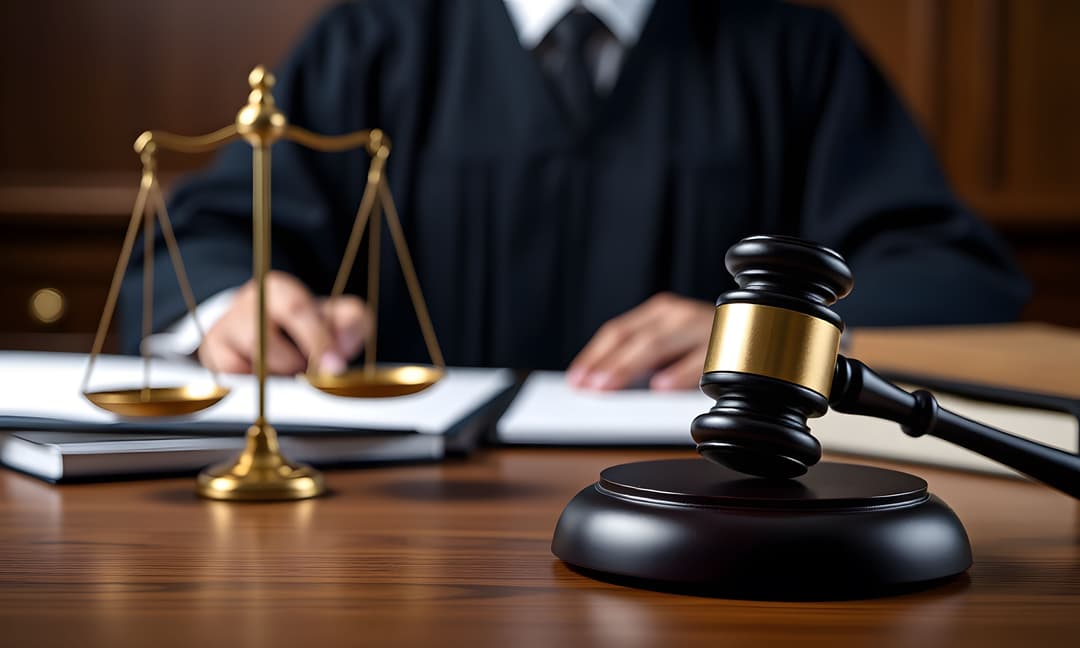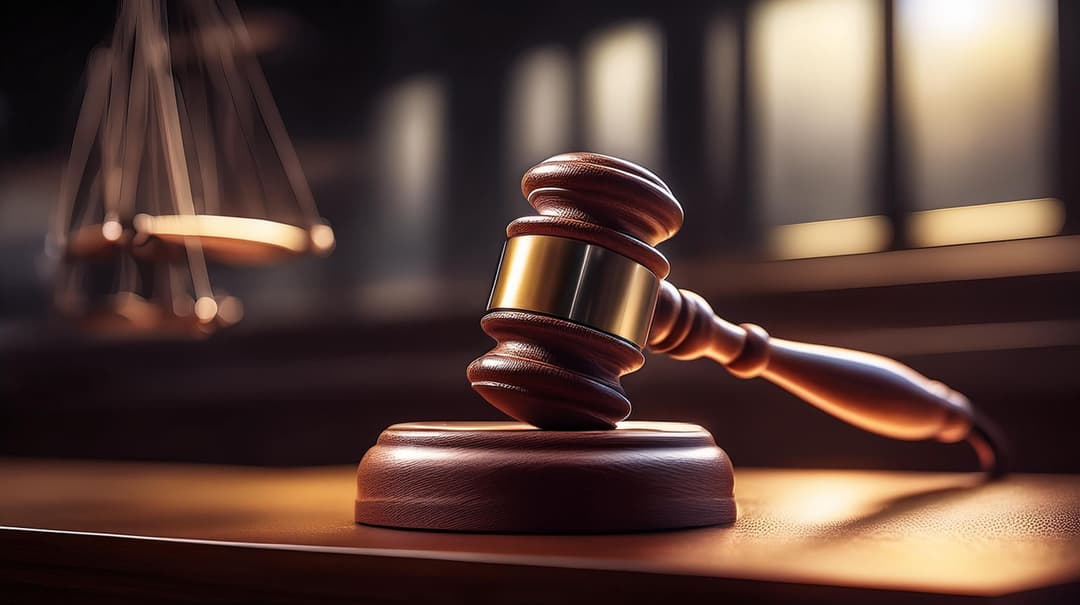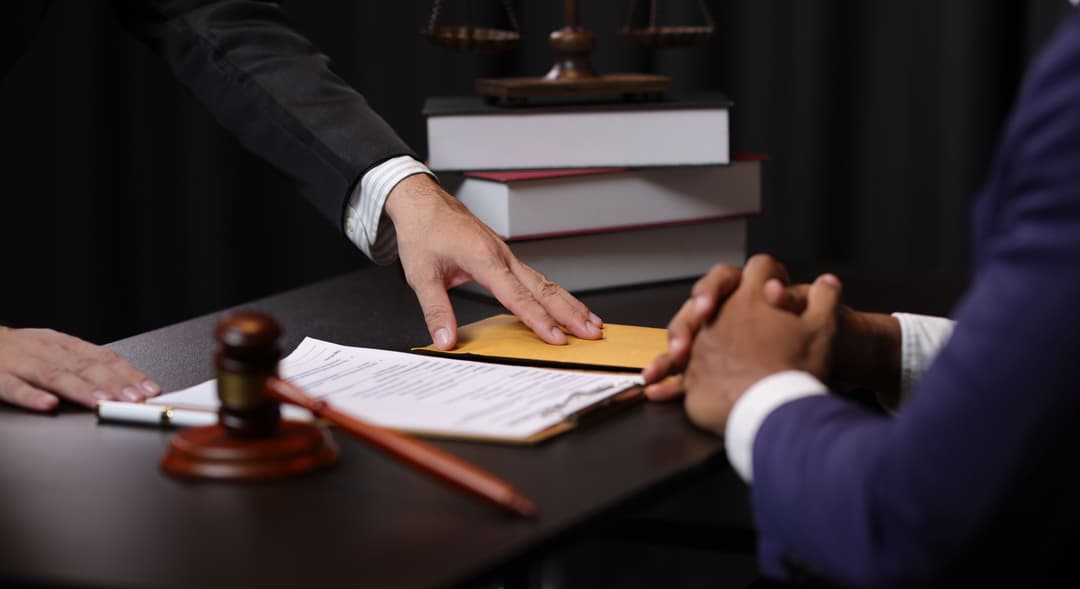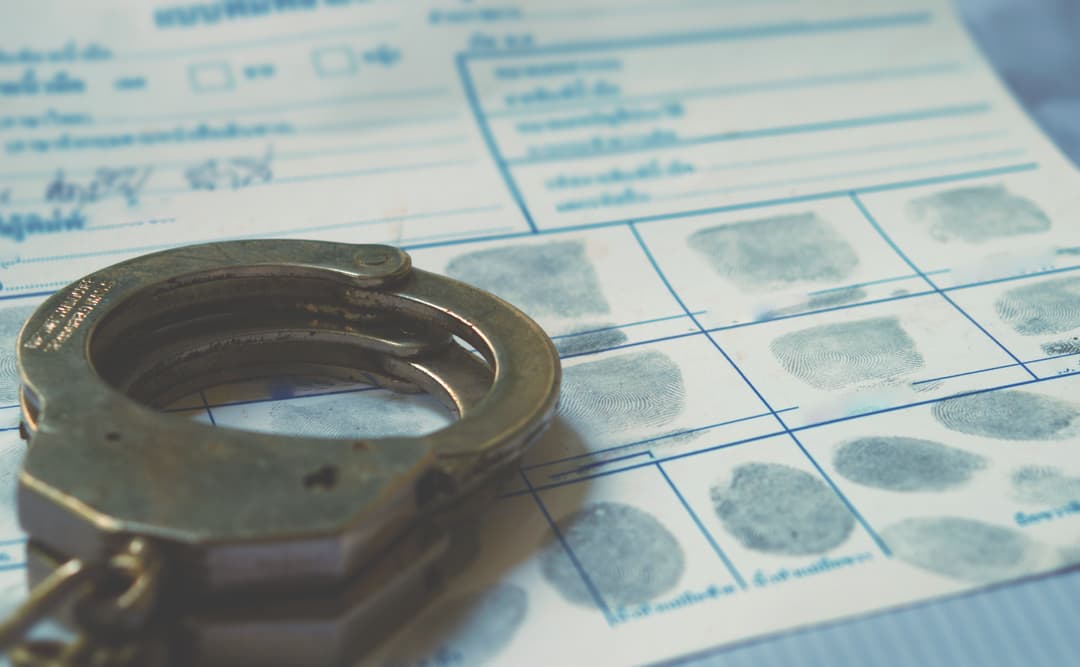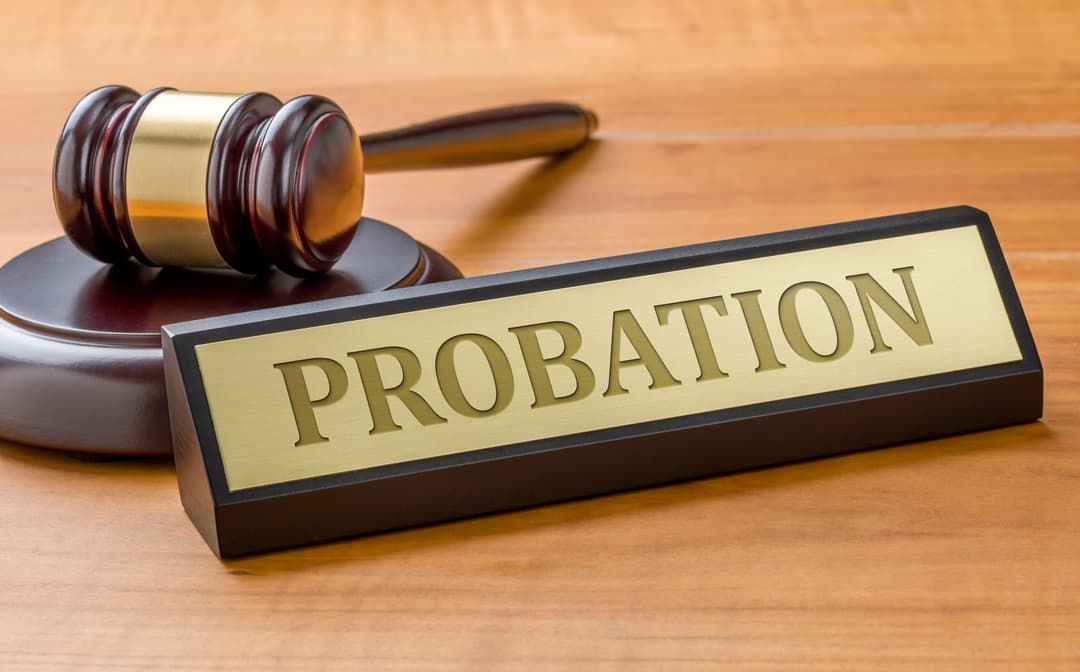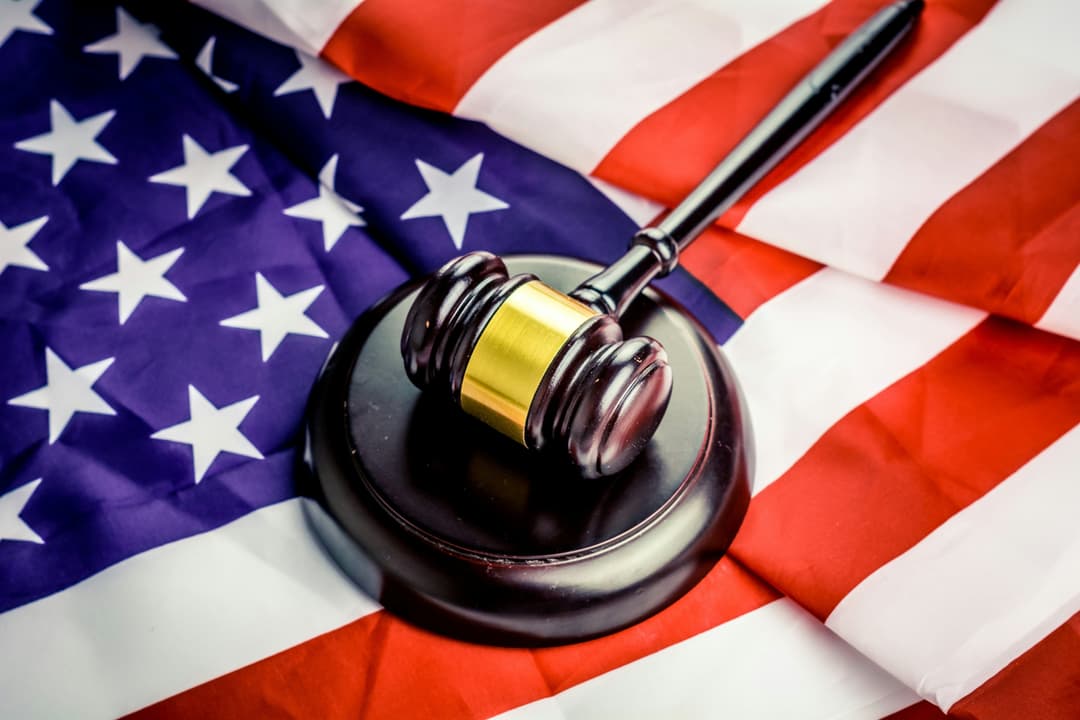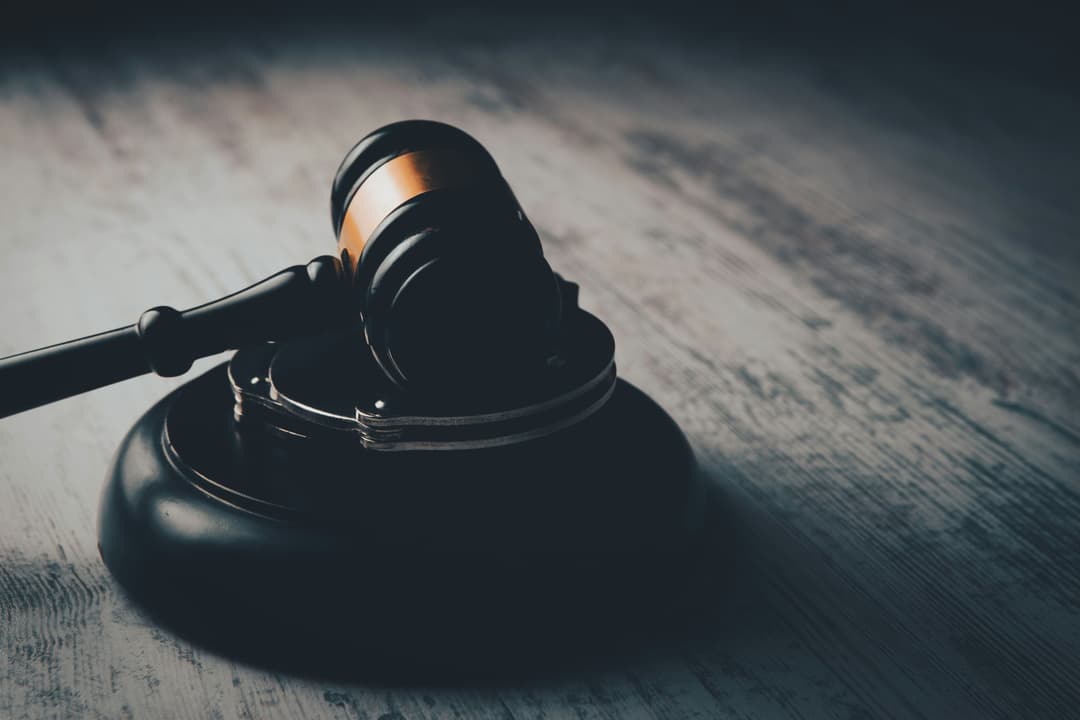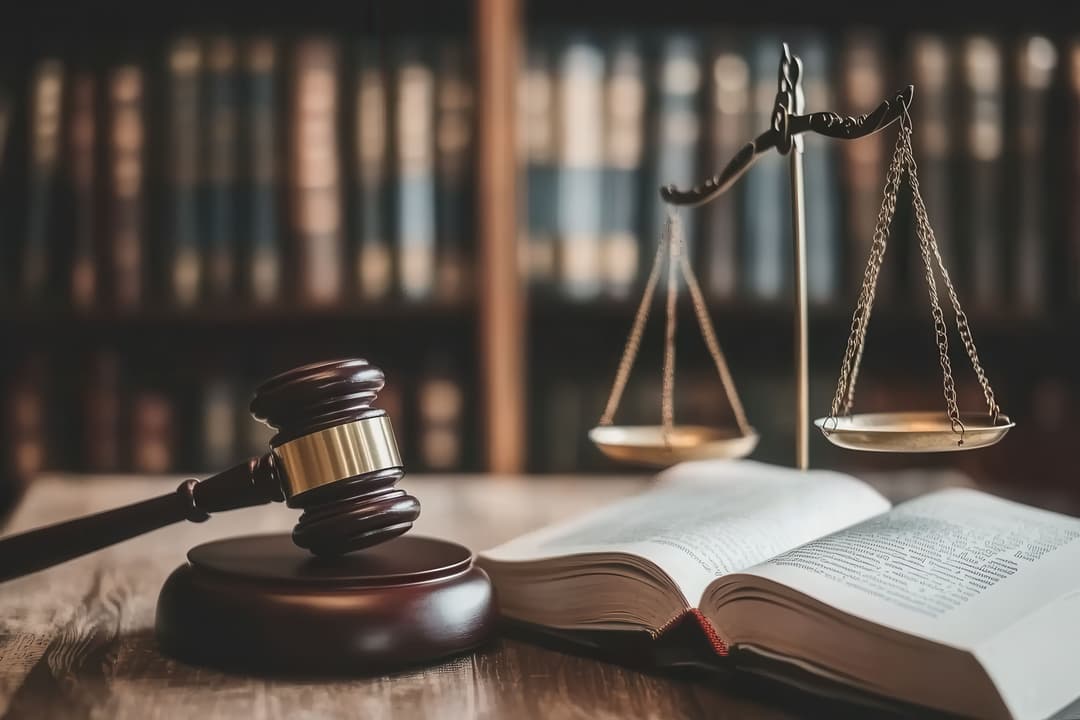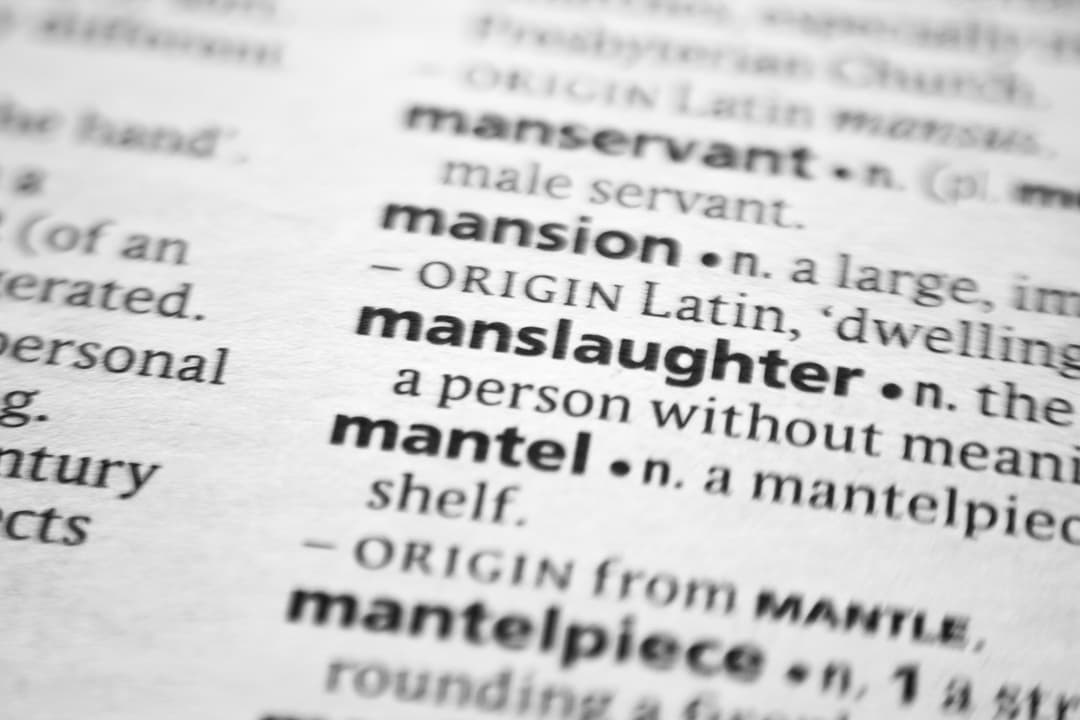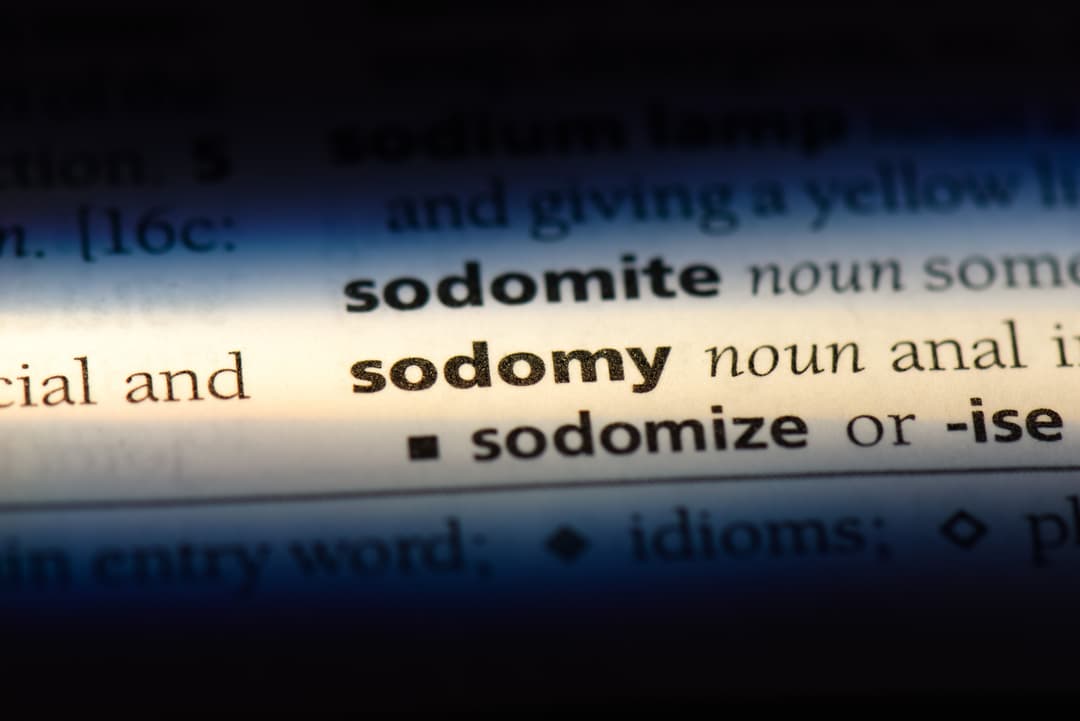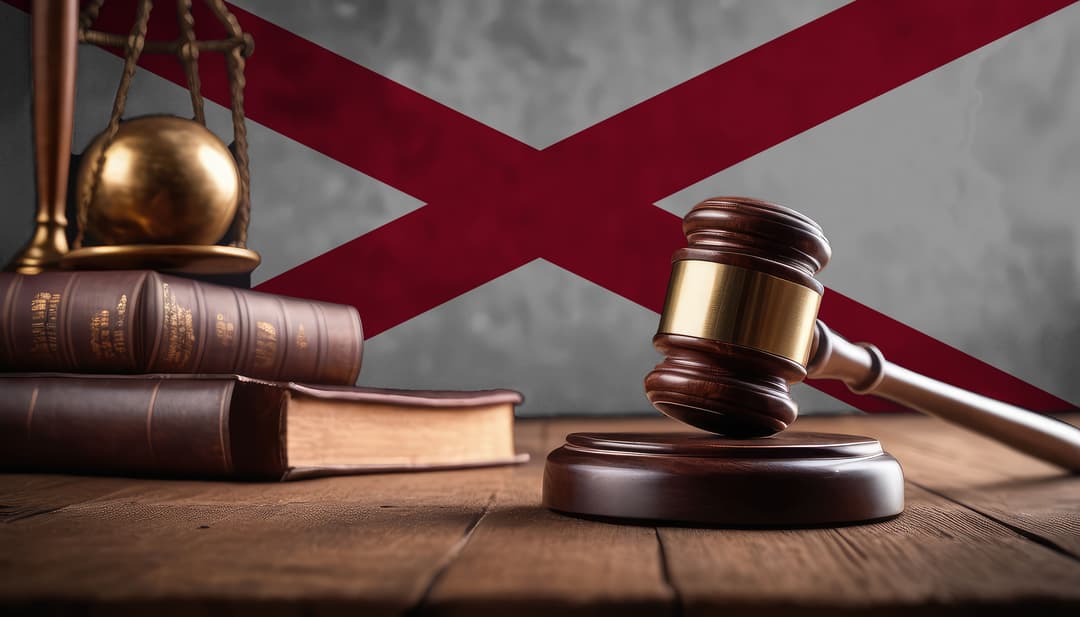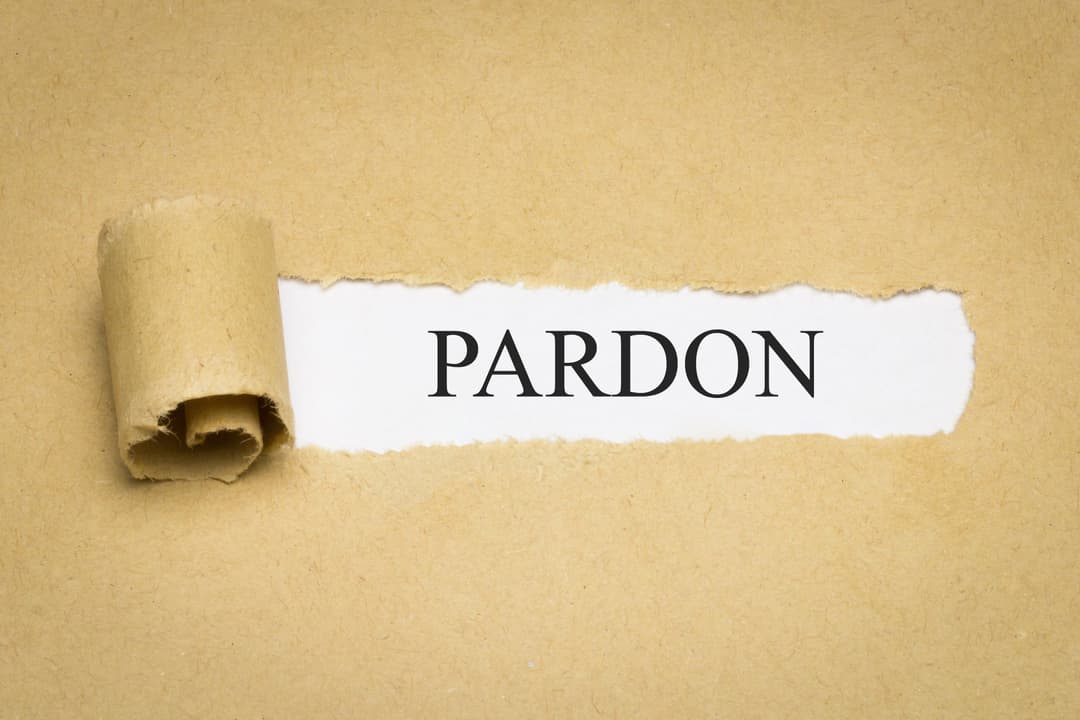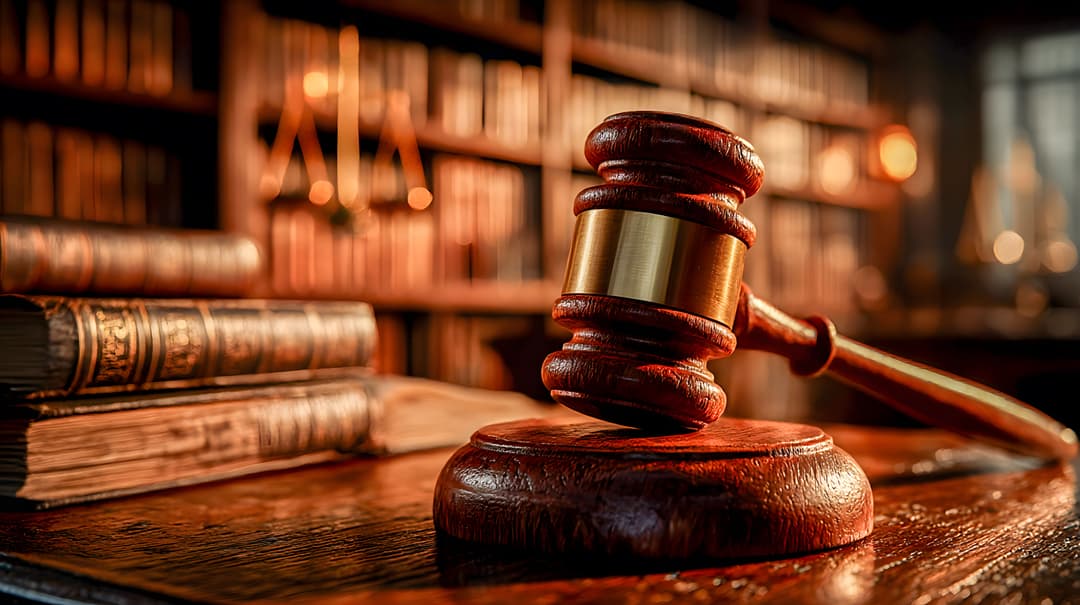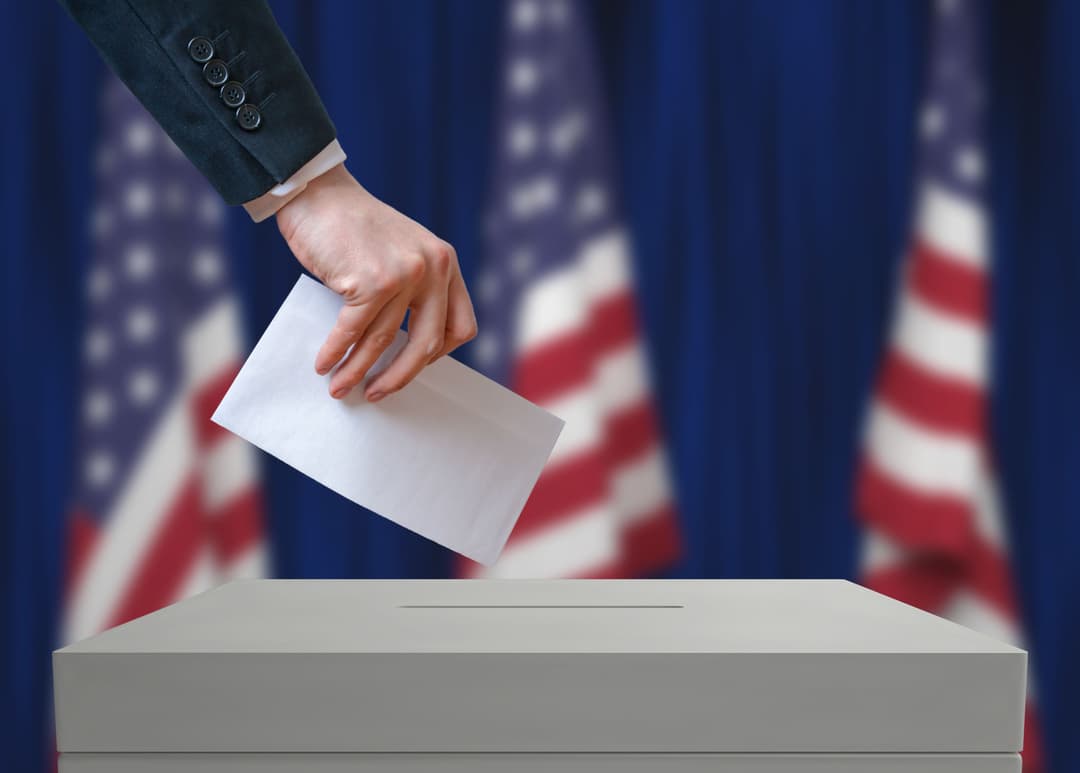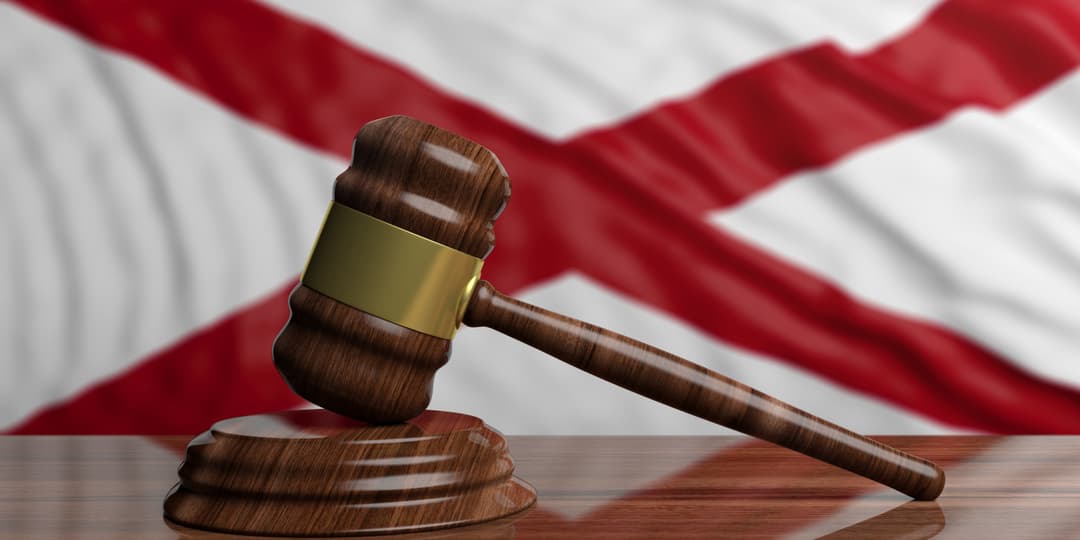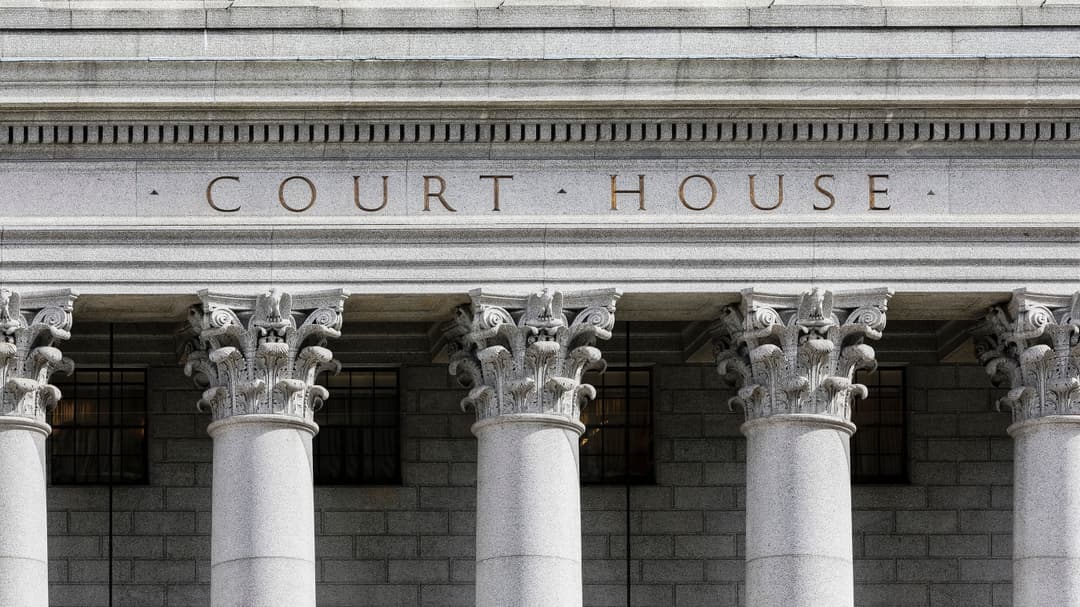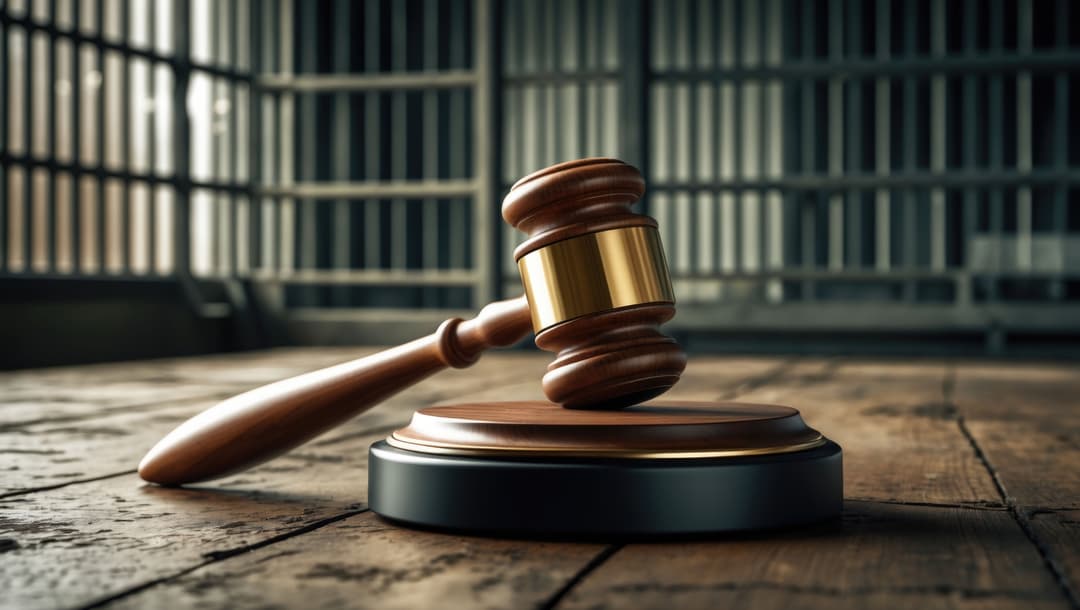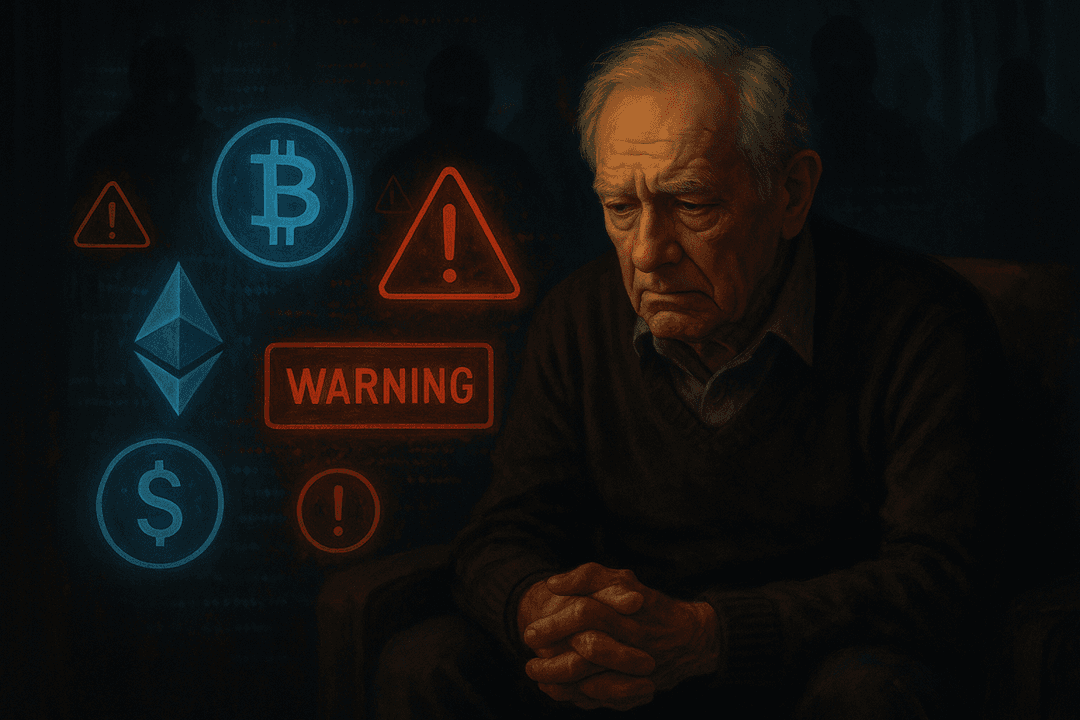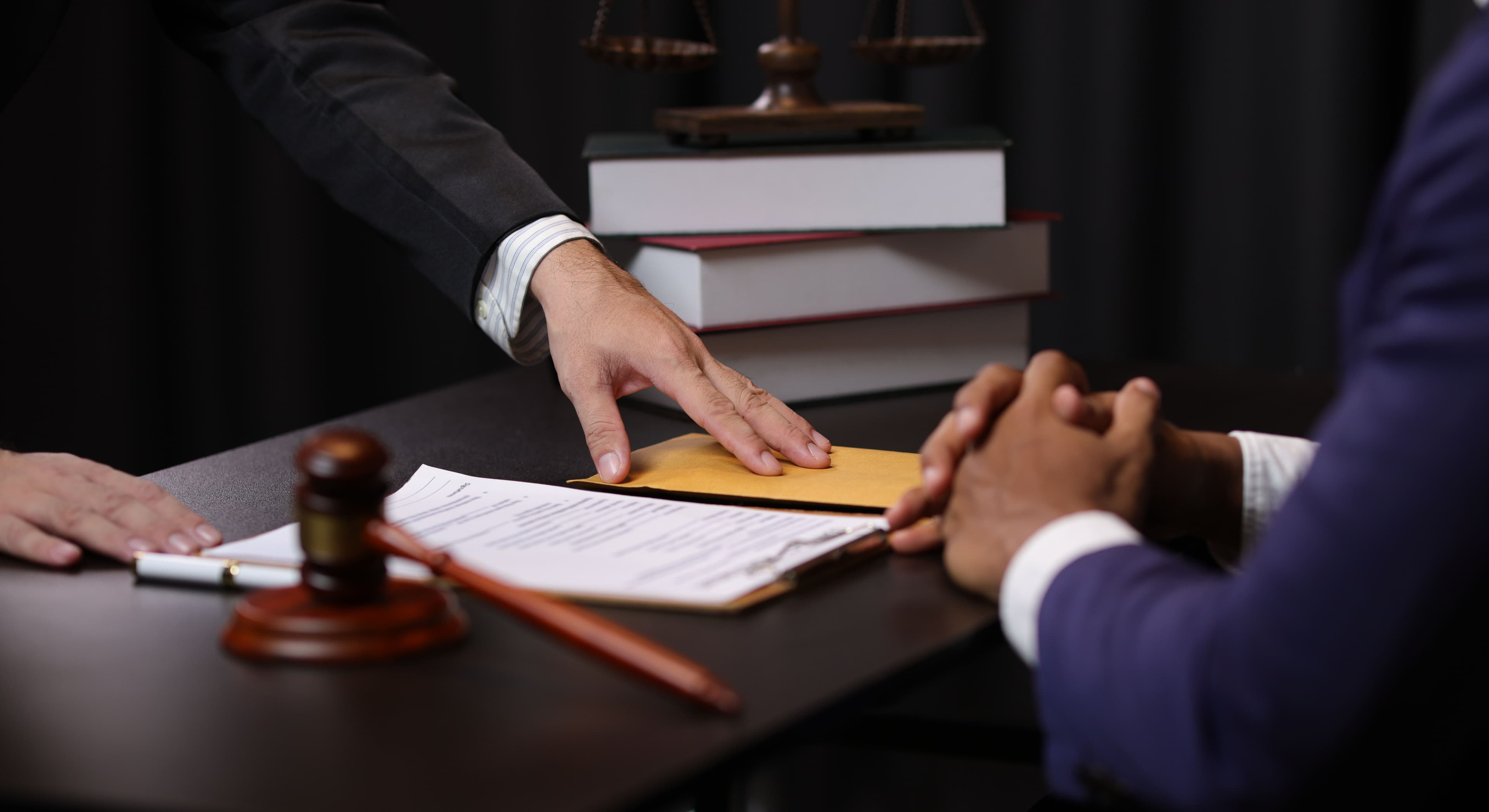
In criminal defense cases, few legal strategies are as powerful as the suppression of evidence. When evidence is suppressed, it means that the court has determined it was obtained in violation of a defendant’s constitutional rights and cannot be presented at trial. This can dramatically change the outcome of a case, sometimes leading to reduced charges or even dismissal. In Alabama, as in the rest of the country, the protections of the Fourth, Fifth, and Sixth Amendments are at the core of this doctrine, and they are often the difference between a conviction and freedom. Understanding how evidence suppression works is vital for anyone accused of a crime, as well as for their families.
Suppression usually arises from unlawful searches and seizures. Under the Fourth Amendment, people are protected against unreasonable searches. If police conduct a search without a proper warrant, without probable cause, or without valid consent, the evidence collected may be inadmissible. Alabama courts closely examine whether officers followed proper procedure when entering a home, searching a car, or detaining an individual. Even in cases involving serious allegations, such as drug trafficking or violent crime, the exclusionary rule can force the state to build its case without the improperly obtained evidence.
Another major ground for suppression is the violation of Miranda rights. If a suspect is interrogated without being properly advised of their right to remain silent and to have an attorney present, any statements made can be challenged. Confessions obtained illegally often form the backbone of the state’s case, but once excluded, the prosecution may find itself without sufficient proof. In Alabama, courts have repeatedly emphasized that rights must be respected from the first encounter with law enforcement, and failing to do so puts the integrity of the case at risk.
Chain of custody issues also play a critical role. Evidence must be collected, stored, and handled according to strict standards. If there are gaps in documentation, or if the integrity of the evidence is compromised, it may not be admitted in court. For example, if a drug sample is improperly labeled or stored, it could be excluded, leaving prosecutors unable to prove possession or trafficking charges. The same principle applies to forensic evidence like fingerprints, DNA, or electronic records, all of which require careful handling to ensure reliability.
Technology has added another layer of complexity to suppression arguments. In recent years, Alabama courts have addressed cases involving cell phone searches, GPS tracking, and digital surveillance. The U.S. Supreme Court has ruled that searches of digital devices generally require warrants, and local courts have followed suit. If law enforcement oversteps these boundaries, defense attorneys can move to suppress the evidence, and courts have increasingly recognized the importance of privacy in the digital age.
It is important to remember that suppression does not happen automatically. A skilled defense attorney must file a motion to suppress, present legal arguments, and persuade the judge that the evidence was obtained in violation of constitutional protections. These hearings can be complex, involving testimony from police officers, examination of search warrants, and detailed legal arguments about probable cause. The success of a motion to suppress often depends on the attorney’s ability to spot weaknesses in the state’s case and aggressively pursue them.
For defendants, suppression can mean the difference between years in prison and walking free. In drug cases, for example, the suppression of narcotics found in an unlawful search can end the prosecution’s case immediately. In DUI cases, excluding improperly administered breathalyzer results may lead to dismissal. In violent crime cases, a suppressed confession may remove the strongest piece of evidence the state has. Suppression does not guarantee a favorable outcome, but it shifts the balance in favor of the defense and forces the state to meet its burden with only lawfully obtained proof.
Critics sometimes argue that suppression lets guilty people go free on “technicalities.” But this perspective overlooks the purpose of the exclusionary rule. The Constitution guarantees protections to every citizen, and evidence suppression is the tool courts use to enforce those guarantees. Without it, law enforcement would have little incentive to respect constitutional boundaries. By holding police accountable and ensuring fair procedures, suppression strengthens the justice system rather than weakening it.
In Alabama, where criminal cases can move quickly and penalties are severe, having a defense attorney who understands evidence suppression is crucial. From municipal DUI charges to serious felonies in circuit court, the ability to challenge the state’s evidence is often decisive. Every defendant deserves a fair trial, and that begins with ensuring that only lawfully obtained evidence is presented to the jury.
If you or someone you know is facing criminal charges, it is essential to act quickly. Evidence suppression issues often need to be raised early in the process, and delay can limit available defenses. The sooner an experienced attorney reviews the case, the stronger the defense strategy will be.
Joe Ingram has spent years defending clients across Alabama, from Birmingham to Mobile and Huntsville. He understands how evidence suppression works and how to use it effectively to protect his clients. At Joe Joe Ingram Law, LLC, every defense is built on holding the state to its burden and ensuring that constitutional rights are respected.



